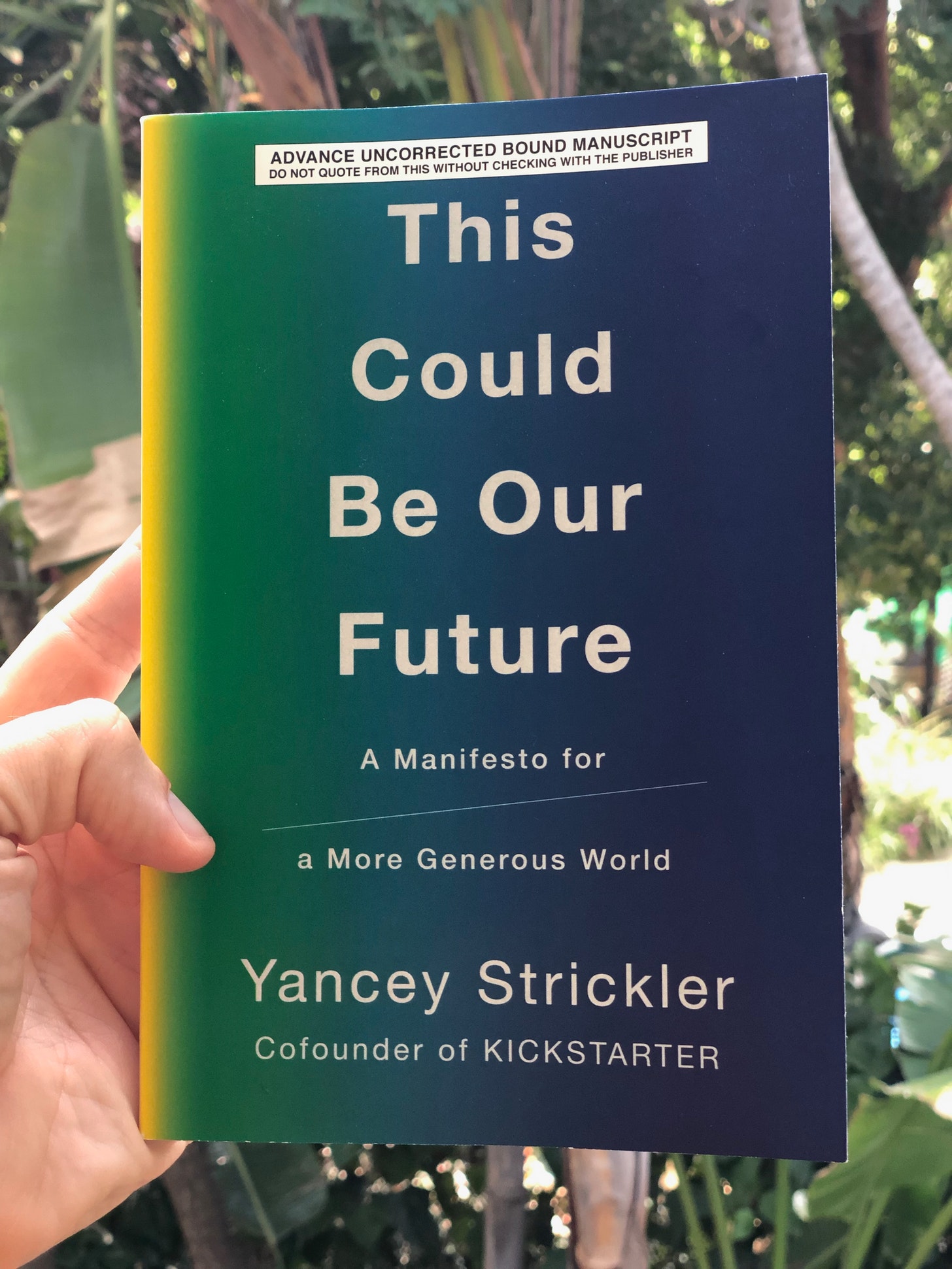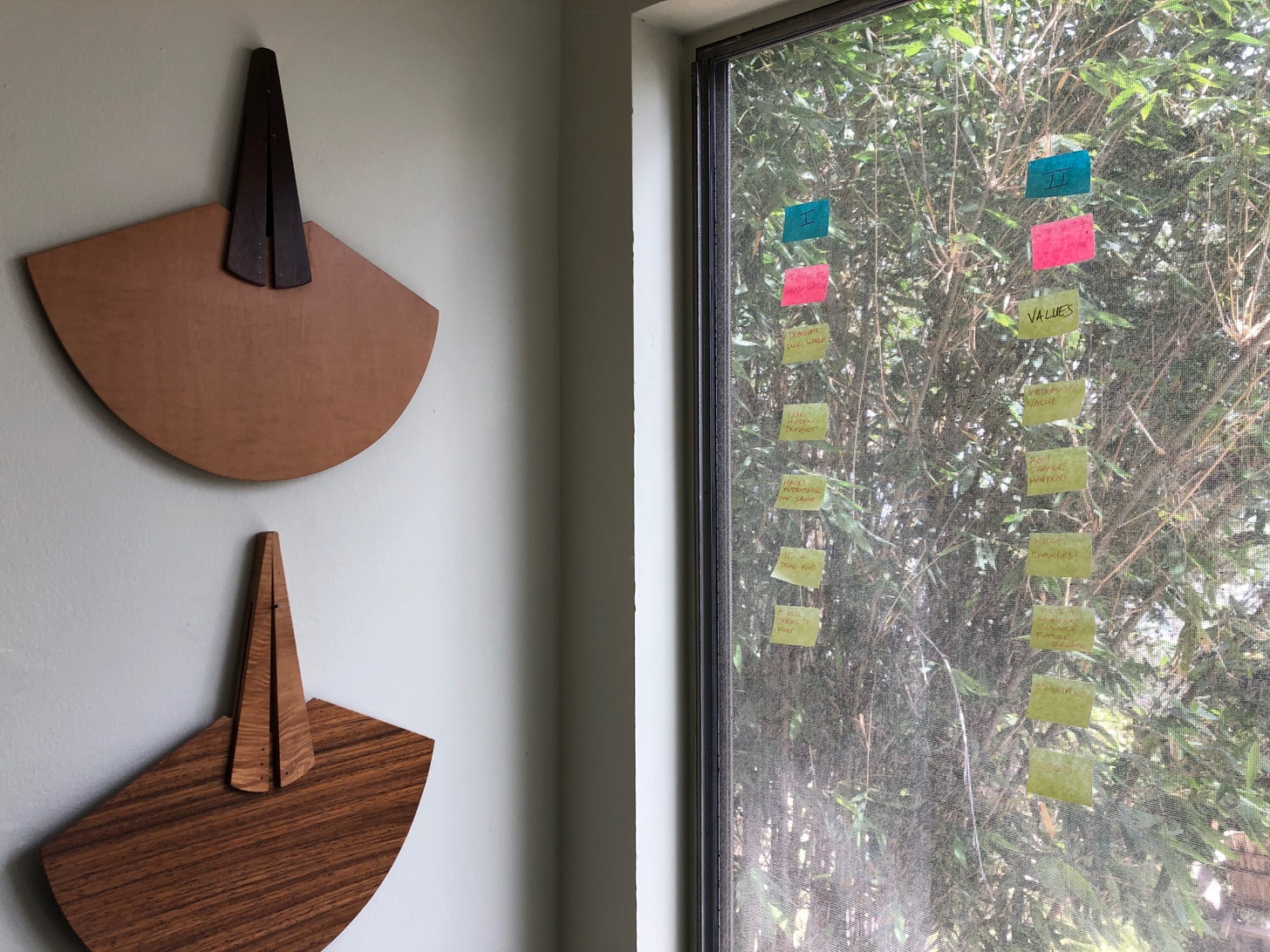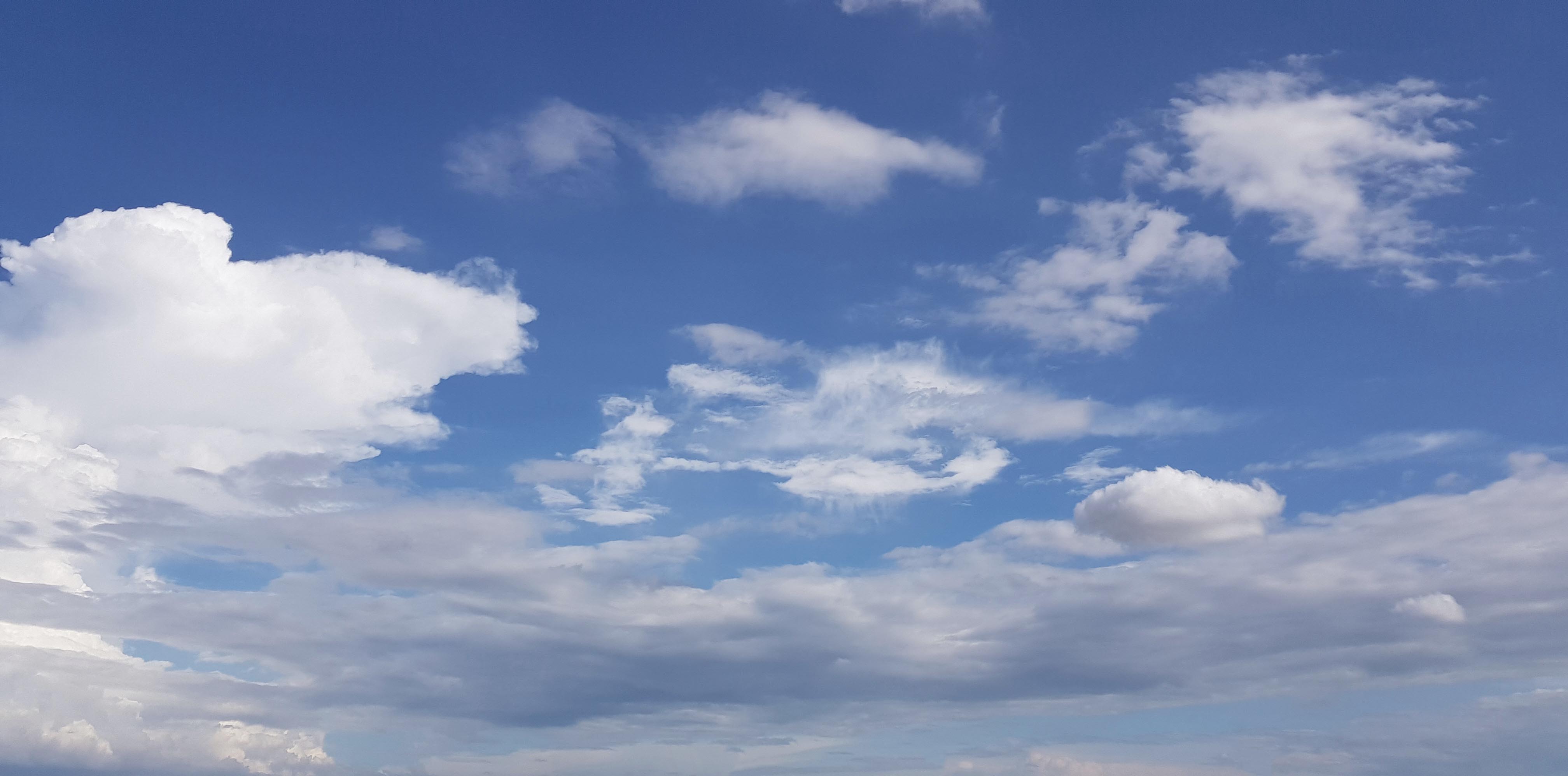
We often underrate the value of normal.
We think normal means dull, average, or mediocre. Normal is unimaginative. Normal is being like everybody else.
Ads promise to save us from the tragedy of being normal. “Don’t be like them,” they say, “be like you.”
At school and in our careers we work hard to distinguish ourselves. We strive to be star performers, standouts, individuals. Anything but normal.
But a strange thing happens in life: the farther we go, the more welcome normal becomes.
For some it starts with having a family. When our lives are changed by the unknown of new life, normal becomes what we want most. A normal pregnancy. Normal child development. Family challenges that fall within the bounds of normal.
Normal means safety. Normal means others have been here before. Normal means we’re not the only one.
A sense of normal isn’t just helpful for normal things. It’s helpful for abnormal things, too.
The two-time Pulitzer Prize-winning author Robert Caro spent seven long years writing his first book, The Power Broker. Towards the end of that process, he worked in a space at the New York Public Library reserved for authors. Here’s Caro:
“In my memory, no one spoke to me for the first few days I was in the room. Then one day, I looked up and James Flexner was standing over me. The expression on his face was friendly, but after he had asked what I was writing about, the next question was the question I had come to dread: ‘How long have you been working on it?’ This time, however, when I replied, ‘Five years,’ the response was not an incredulous stare. ‘Oh,’ he said, ‘that’s not so long. I’ve been working on my Washington for nine years.’ I could have jumped up and kissed him, whiskers and all — as, the next day, I could have jumped up and kissed Joe Lash, big beard and all, when he asked me the same question, and, after hearing my answer, said in his quiet way, ‘Eleanor and Franklin took me seven years.’ In a couple of sentences, these two men — idols of mine — had wiped away five years of doubt.”
Even for one of the literary giants of the 20th century, learning that his experience was normal brought profound relief.
When I was CEO of Kickstarter, I had breakfast each month with Fred Wilson, a boardmember and highly regarded figure in tech. During these breakfasts I’d share with Fred the challenges of the moment. Because of Fred’s wisdom and experience, I was always eager to hear his perspective. Some of the most helpful words I ever got from him were the simplest: that the challenge I was then facing was normal. Everyone goes through this. It wasn’t just me.
Learning that a challenge is normal is liberating. It goes from a personal shame to a badge of honor. This is what people (or companies, parents, couples, bands, etc) like me go through. They got through it. So can I.
Knowing what’s normal gives us a target to work towards, and lets us know when we get there.
A New York Yankees pitcher named Jim Bouton wrote a fascinating book while pitching in the big leagues called Ball Four. In it he writes:
“When I first came up I thought major-league pitchers had pinpoint control and I was worried that the best I could do was hit an area about a foot square. Then I found out that’s what everybody meant by pinpoint control, and that I had it.”
We can’t define what’s normal on our own. We need our own experience plus an external reference point to know what’s normal. Our individual sample size is too small. It was only after Robert Caro learned how long it took his heroes to write books that he knew where he stood. It was only once Jim Bouton was in the big leagues that he learned he had “pinpoint control.”
This is why sharing our experiences with our peers and others is so important. The dissemination of experience creates a more informed sense of normal for all. This significantly improves everyone’s ability to succeed, especially in more specialized areas. This is the value that peer groups, professional societies, and platforms like Stack Exchange and The Creative Independent create in their domains.
This defense of normal is not an endorsement for aiming low, settling for less, or following the herd. Progress depends on people breaking the expectations and boundaries of what’s normal. This is how normal gets better over time.
This defense of normal is, however, a celebration of similarity. We live in an age where what’s desirable is what’s different. But there’s more value in our non-individuality than we admit. We’re not the first people to become parents, experience hardship or injustice, or to create innovation or success. Without diminishing our individual achievements or stories, we have much to gain and little to lose by better appreciating the ways our experiences and values make us similar — and even normal.
This Could Be Our Future
A couple weeks ago I received the first advance copies of my book, coming out this fall.

Holding it in my hands for the first time was a wild feeling. You imagine a moment like that, but experiencing it was something different. I felt proud, to be sure. I liked the cover a lot. But I also, surprisingly, felt melancholy.
As a writer, I’m a stonecutter. I’m forever shaving, molding, and clearing things up by cutting away. The book in my hands was printed and bound — the stone had been cut. It was as good as it would ever be. My time with it as a writer was over. (This part of the process, anyway. The other day I told a book industry veteran that the book was finished. “Congratulations on being half-way there,” he told me, referring to the work it takes to release and promote a book.)
While taking it all in, I noticed a grid of post-it notes that hangs on a window in my office.

This was an early outline for the book. I remember the day I put this up, and how far away the book’s completion seemed then. I was still on Chapter Three, trying to convince myself that if I surrendered to these ideas, worked really hard, and trusted in the process, the book would show itself to me.
As I sat there a year later holding the finished book for the first time, I realized that’s exactly what happened. It was hard to believe.
Money rich, value foolish
This Could Be Our Future is about how financial maximization — the idea that the rational choice in any decision is whichever option makes the most money — became the hidden default that runs our world.
Last week I came across two very different articles that show what’s meant by this.
In the magazine The American Conservative, writers Matt Stohler and Lucas Kunce show how a focus on financial maximization by defense industry companies has made the United States’ military significantly more vulnerable than ever before. They write:
“First, in the 1980s and 1990s, Wall Street financiers focused on short-term profits, market power, and executive pay-outs over core competencies like research and production, often rolling an industry up into a monopoly producer. Then, in the 2000s, they offshored production to the lowest cost producer. [S]ome of the biggest names in the industry have never created any defense product. Instead of innovating new technology to support our national security, they innovate new ways of creating monopolies to take advantage of it.”
Now that the military is increasingly dependent on private monopolies focused on financial maximization:
- Smaller companies have been bought up by bigger players, essentially ending competition to produce better products.
- As companies consolidate, workers are laid off and executives are generously rewarded.
- Defense contractors use their monopoly power to raise prices indiscriminately for existing goods, converting US tax dollars into inflated profits.
- The quality of materials produced by these companies has gotten much worse.
- The stock prices, profits, and profit margins of these companies have skyrocketed.
Because of #5, this strategy is viewed as rational and successful. But by any metric other than financial maximization, the negative impact of these choices is incredibly clear.
Had these companies focused on maximizing other values — like innovation, quality, or reliability — the benefits would be significant and plentiful. But these companies focused on short-term financial goals instead.
This pattern repeats itself throughout the world.
In another recent article, Bloomberg Businessweek reports that the Italian city of Venice is suffering from an over-tourism problem that local officials refuse to address because it’s too lucrative not to. Cruise ships pay officials €30,000 a day to dock in the harbor and overcrowd the city. The government prioritizes that short-term windfall above the long-term costs despite significant evidence that this strategy will eventually become self-defeating.
We struggle to see value beyond our immediate self-interest. In everything from defense contracts to Italian tourism, we’re trapped by a limited understanding of value. We believe financial maximization is the only rational value. It isn’t. This Could Be Our Future is about new areas of value we can grow instead.
The book comes out October 29. If you’re intrigued by these ideas, you can preorder the book from any of these fine establishments: Amazon, Indiebound, and Powell’s. Pre-orders have a big impact on which titles book stores decide to order and promote. Please grab a copy if you can.
Honoring Barry Kowalski
A longtime friend, extraordinary person, and Ideaspace reader named Barry Kowalski passed away this week. Barry was a giant in work and in life. From 1981 until the 2000s, Barry was a lead prosecutor in the Civil Rights division of the Justice Department. Over his career he prosecuted Klu Klux Klan members, Neo-Nazis, and, in his most high-profile case, the LAPD police officers who brutally beat Rodney King. Barry was also a Vietnam veteran who enlisted because he thought it was “unfair that poor guys had to go but rich guys didn’t.” (You can learn more about him in his Washington Post obituary.) Few people have made more of their time on Earth than Barry. He entered this world with a mission to make it better. Without question, he did. You made your mark and it matters, Barry. You will not be forgotten.
Linknotes
I’ve got a great new mix of music for you. It’s called Trim Oh Low.
- Fela Kuti — “Rofolo Fight”
- Willie Griffin — “Where There’s Smoke There’s Fire”
- Sensational Saints — “How Great Thou Art”
- Pharoah Sanders — “Love Is Everywhere”
- Alton Ellis — “What Does It Take”
- Erlend Oye — “Every Party Has a Winner And a Loser”
- Yaeji — “One More”
- A Tribe Called Quest — “Whateva Will Be”
- Solange — “Nothing Without Intention (Interlude)”
- Alice Coltrane — “Journey in Satchidananda”
- Paul McCartney — “Every Night”
- The Velvet Underground — “Lisa Says (Live)”
- Willie Griffin — “I Love You”
You can listen here:
Peace and love my friends — to Barry and his family especially.
Yancey
The Bento Society

